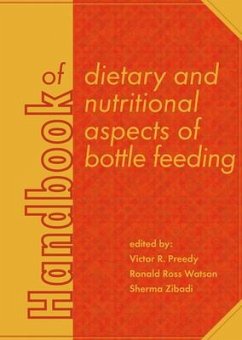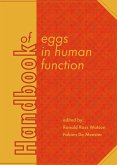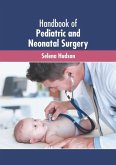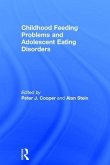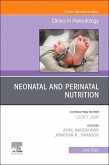Newborn babies are usually fed via the breast which ensures optimal development and emotional mother-child bonding. However, in some circumstances breast feeding may be either inadequate or impractical. Historically, deficiencies in the provision of breast milk were addressed by wet-nurse feeding but this was superseded by the introduction of artificial milk feeds, i.e. formula or bottle feeds. This handbook covers formula feeds in the most comprehensive way. Each contribution starts with convenient summary points. Six parts give information about historical and international aspects (South American, African and Chinese perspectives), composition, microbiological and chemical contaminants, allergy and immunology, effects on physical development and metabolic responses, and effects on psychological and neurodevelopment. The 'Handbook of dietary and nutritional aspects of bottle feeding' is essential reading material for nutritionists, dieticians, paediatricians, midwives, pharmacologists, health care professionals, general practitioners and those interested in babies health in general.
Hinweis: Dieser Artikel kann nur an eine deutsche Lieferadresse ausgeliefert werden.
Hinweis: Dieser Artikel kann nur an eine deutsche Lieferadresse ausgeliefert werden.

